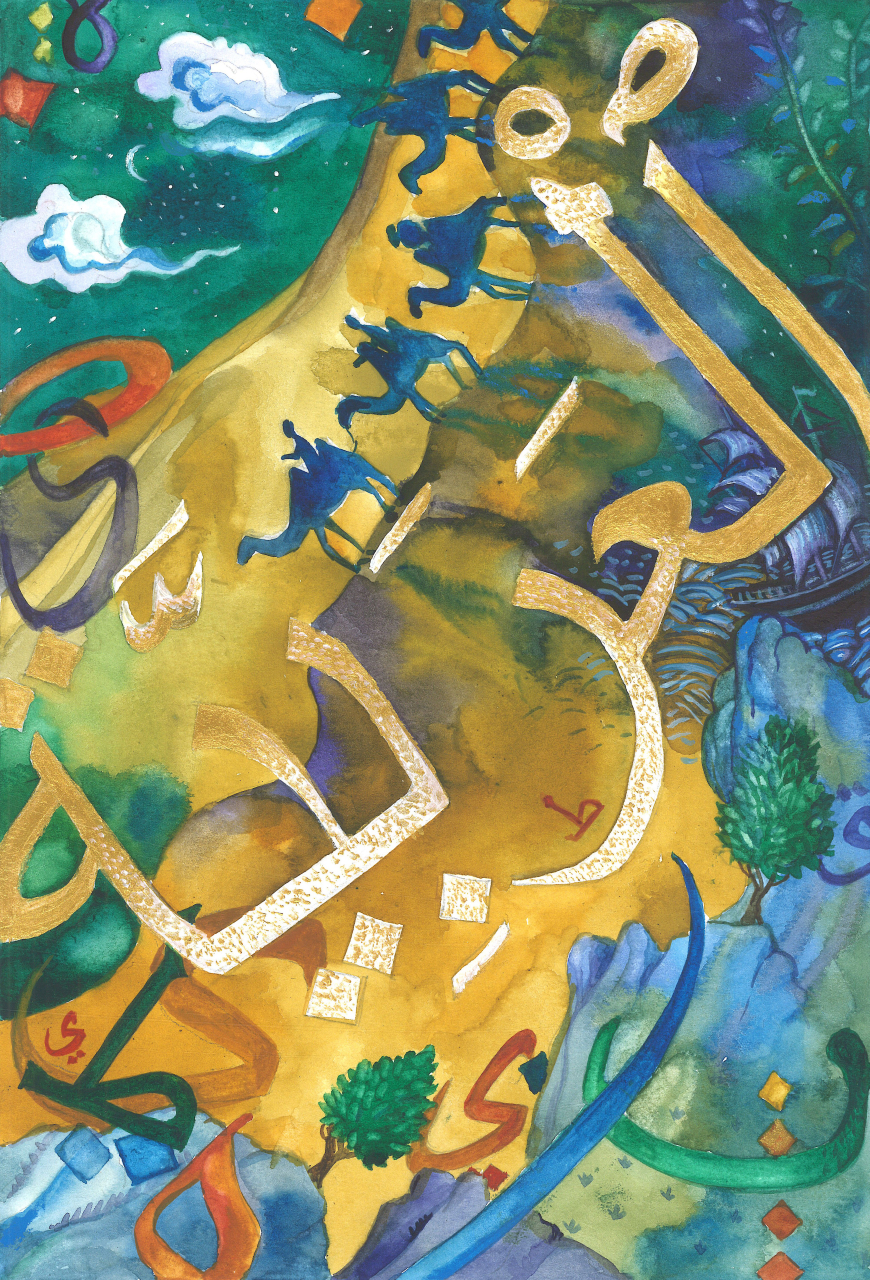Launching of the Publication “Showcasing the role and legacy of the Arabic Language along the Silk Roads”
© Inna SandlerUNESCO, in collaboration with ICESCO, will organize an event to launch the publication “Showcasing the role and legacy of the Arabic Language along the Silk Roads”. This event will take place at ICESCO Headquarters in Rabat, Morocco, underscores the partnership between UNESCO and ICESCO, reflecting their commitment to preserving linguistic diversity and promoting intercultural dialogue. It also marks a significant step in recognizing the profound impact of the Arabic language on cultural, scientific, and commercial exchanges along the Silk Roads.
This publication on the Arabic language and the Silk Roads is the result of a collaborative effort between UNESCO’s Prince Sultan Bin Abdulaziz Al Saud Programme for the Arabic Language and the Silk Roads Programme, both initiatives of the UNESCO Social and Human Sciences Sector.
It aims to illustrate the significant role of the Arabic language in fostering intercultural dialogue and connecting civilizations along the Silk Roads. It explores how Arabic has historically facilitated the exchange of ideas, knowledge, and trade, emphasizing its importance as a language of innovation, creativity, and cultural richness.
The event will feature panel discussions with the publication's authors and regional experts. These sessions will provide insights into the Arabic language's historical significance, cultural influence, and contemporary relevance along the Silk Roads. Topics will include Arabic’s role in cultural exchanges, scientific innovation, commercial networks, and addressing modern challenges.
Moreover, a photo exhibition from the “Youth Eyes on the Silk Roads” International Photo Contest will be held alongside the event. This exhibition will showcase selected photos from the contest, highlighting diverse perspectives on the historic routes.
Finally, ICESCO will present its publication on the Silk Roads during the event, contributing to the discussion on this important subject.






